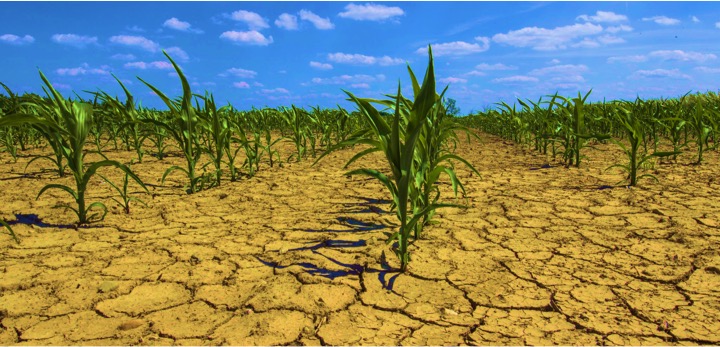As we consider the imperative global food transition, a nuanced understanding of India’s agricultural landscape is crucial. India’s “White Revolution” or “Operation Flood,” initiated in the 1970s, ushered in a dairy boom that transformed India into the world’s largest milk producer.
But while this has enhanced milk productivity, it has also raised significant environmental and societal challenges. The shift towards intensive dairy farming practices has led to overgrazing, degradation of grazing lands, and higher emissions of methane – a potent greenhouse gas. Research by the Indian Institute of Science demonstrates that livestock farming accounts for 7.8% of India’s total green house gas emissions , with dairy farming being a significant contributor.
Moreover, the concentration of dairy cooperatives in India’s western and southern regions has created economic disparities. While the White Revolution aimed to augment rural incomes and offer nutrient-rich food to the masses, it unintentionally marginalised small farmers, who found themselves unable to compete with larger, better-equipped dairy cooperatives. Notwithstanding Operation Flood’s success, it has led to lopsided wealth distribution in India’s dairy sector.
This begs the question: why aren’t businesses listening? Why is there a seeming disinterest in sustainable practices?
The myopia of profit-driven corporations often obscures the long-term need for sustainability. The current economic system, with its focus on growth and shareholder value, propels businesses towards cost-cutting and resource exploitation. Environmental degradation, animal welfare, and public health are typically sidelined in the pursuit of maximising profits.
Take India’s poultry industry, for instance, which was valued at ₹900 billion ($12 billion) in 2019, according to the National Institute of Food Technology Entrepreneurship and Management. It is characterised by intensive farming practices that lead to environmental degradation and animal welfare concerns. The profit question often overshadows these pressing issues, leaving them largely unaddressed.
However, the mantle of change should not be shouldered solely by the corporate world. The Indian government has an indispensable role in incentivising sustainable practices. While India’s action plan on climate change acknowledges the necessity for sustainable agriculture, enforcement to ensure corporate accountability requires bolstering.
The global food system’s complexity adds another layer of challenge. Governments, corporations, civil society organizations, and international entities such as the United Nations all play a part, each with their distinct interests and agendas. Meaningful change demands a concerted and collective effort—a challenge that often leads to an impasse.
In his book “Sixty Harvests Left,” Philip Lymbery explores the economic consequences of ignoring planetary boundaries in food production . He highlights the conflict between short-term corporate profits and environmental sustainability. Lymbery ends with a call for a global shift at the UN level from industrial agriculture towards planet-friendly diets. This transformation involves regenerative production practices, halving global meat and dairy production within 30 years, and embracing better land-use strategies, such as rewilding and ending deforestation. His analysis underscores the urgent need for collective action from corporations, governments, civil society, and the UN to safeguard our planet.
Corporations need to shift from being merely profit-centric to embedding sustainability as a core business value. Governments need to enact and enforce robust regulations, hold corporations accountable, and incentivise sustainable practices. Civil society, with its power to mobilise and sway public opinion, should continue advocating for change and holding governments and corporations accountable. The United Nations must foster dialogue and instigate necessary policy reforms.
Only through collective efforts can we hope to secure a future that truly embraces sustainability.
Source : Mint Aug 14th 2023 by Varda Mehrotra The author is the founder of Samayu, a non-profit working on positive outcomes for people, animals and the planet.

